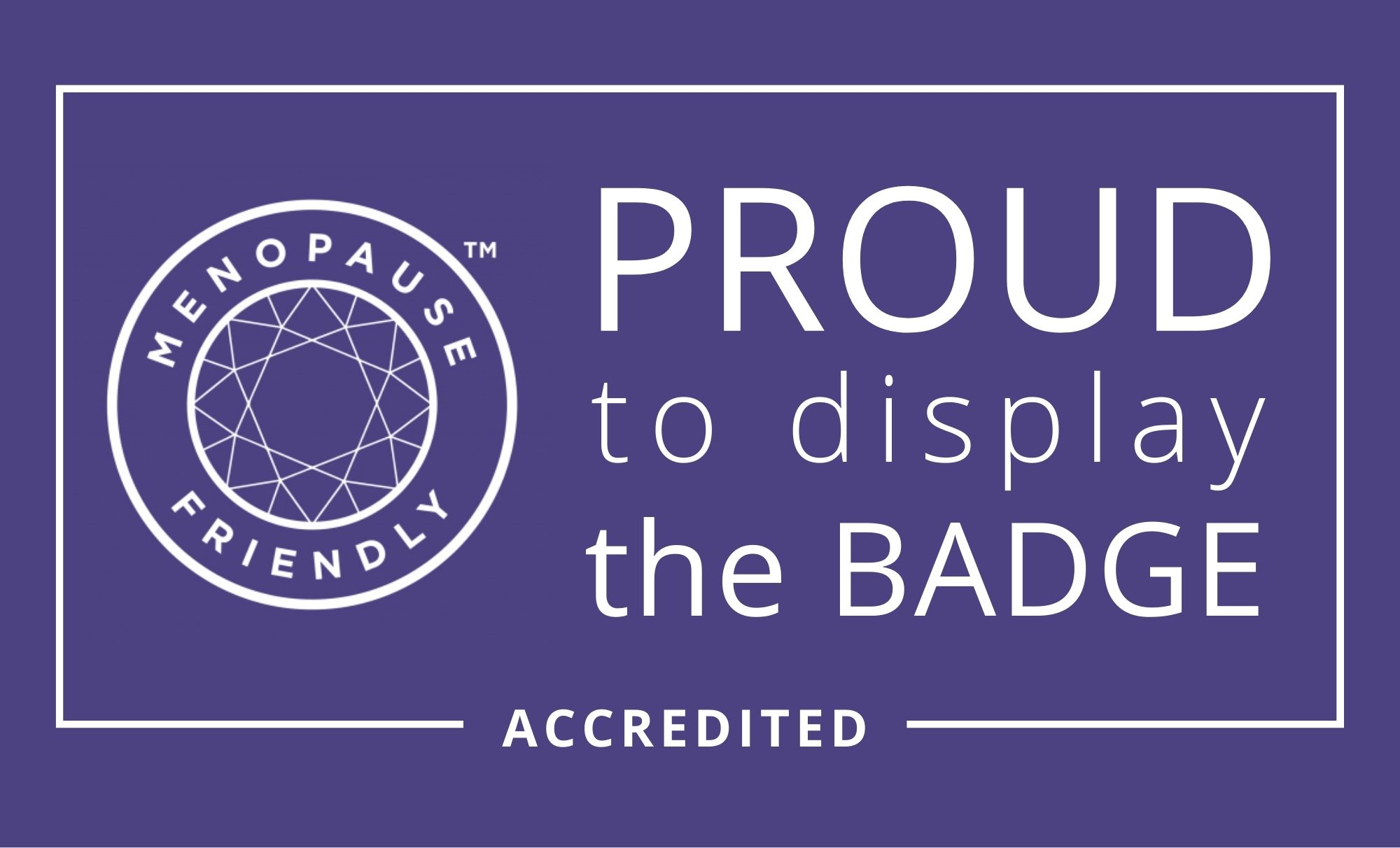The university’s journey to this point has taken four years since it first began to raise awareness in October 2020 after Maureen Montague, a member of staff, bravely shared her menopause experience with colleagues. Feeling vulnerable and unsupported, rather than step away from her work, Maureen spoke out and asked for help and support to manage her symptoms. This sparked conversations which led to the formation of regular online menopause cafés.
Having started the conversation, the University of Greenwich partnered with Henpicked: Menopause in the Workplace to deliver training sessions for its colleagues and line managers and menopause champions were appointed in all areas of the university and across all three campuses. On World Menopause Day October 18, 2021 the University launched its own Menopause Guidance and website and Carolyn Harris MP for Swansea East held a virtual session and spoke about the work she has done in Parliament on the menopause revolution.
This was followed in May 2022 by the Rt Hon Caroline Nokes, MP for Romsey and Southampton and, at the time, chair of the Women and Equalities Parliamentary Select Committee, holding a virtual session for the university talking about the strategic approach to addressing the impact of menopause in the workplace.
The university are also carrying out academic research into the impact the training is having on staff and how it is helping to change the culture of the university to be more inclusive.
The Menopause Friendly Accreditation, established by Henpicked: Menopause In The Workplace, recognises high standards and proven practices that embrace menopause in the workplace. Industry-recognised, it’s the only accreditation that sets clear standards which must be met. As such, it is truly meaningful and considered by many as a mark of excellence for menopause in the workplace.
In order to achieve The Menopause Friendly Accreditation, the University of Greenwich was assessed by an Independent Panel and had to demonstrate evidence of its effectiveness in five key areas, namely: culture, policies and practices, training, engagement and working environment.
Professor Jane Harrington, Vice-Chancellor and CEO of the University of Greenwich said;
“We want Greenwich to be a great place to work where all staff thrive and succeed, feeling safe, accepted and recognised for who they are without fear of exclusion.
“Part of the work we are doing is also highlighting that there is often a preconception that menopause only affects ‘women’ when we know that our staff who are non-binary or trans will also experience the menopause and its associated symptoms whilst not identifying as a woman or female,” says Jane. “Building on our menopause friendly status to achieve the Menopause Friendly Accreditation shows our commitment to long-term sustainable change that will ensure a truly inclusive culture for the future.”
Maureen herself won the Carolyn Lazarus Award for Best Individual Contribution at the 2023 Menopause Friendly Employer Awards. Building on her work and ideas for improvement, the University has made a significant difference to the lives of all colleagues while future-proofing support for people who join in the future.
Deborah Garlick, CEO and founder of Henpicked: Menopause in the Workplace;
“As so often happens in organisations, one person talking about menopause and asking for help can be the catalyst that sparks conversations that lead to culture change.
“I applaud Maureen for speaking up and her colleagues for listening and acting on what she said. Learning from this, I would urge other individuals who are struggling to speak to their line managers. Importantly, I would also ask that line managers check in with their staff because the sooner support is given, the better.”

